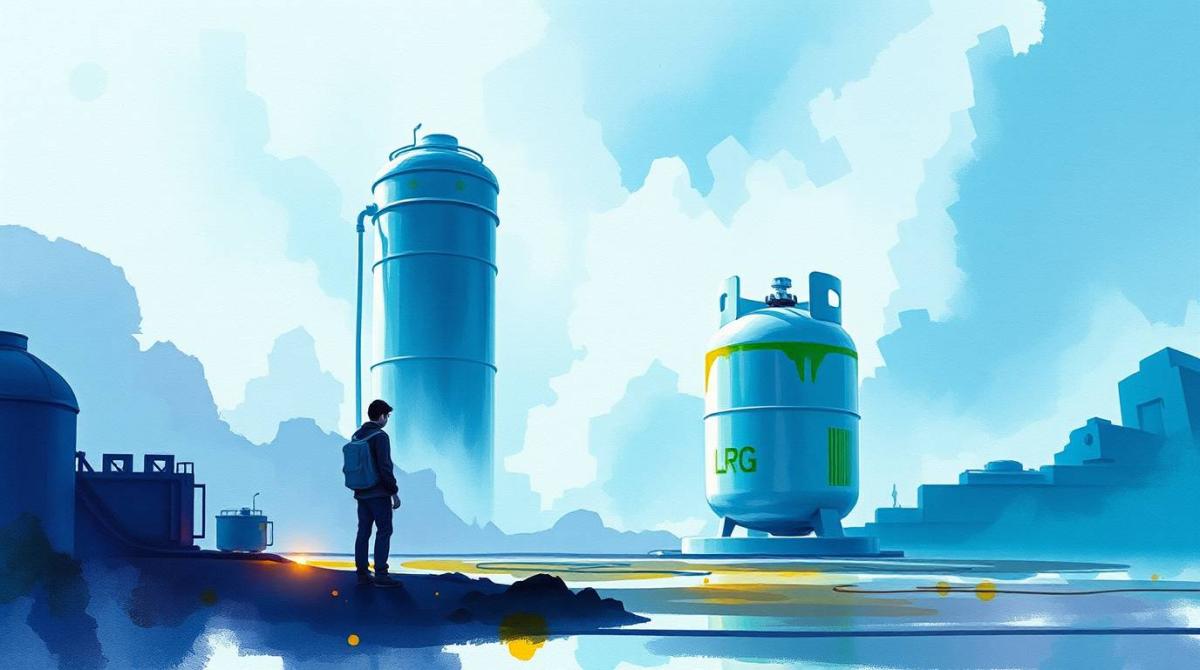Understanding LPG vs Natural Gas: What's Best for You
Published September 10, 2024 in Insights
What is LPG?
Liquefied Petroleum Gas (LPG) is a blend of propane and butane gases stored under pressure in cylinders or tanks. It offers high energy density, portability, and is commonly used for cooking, heating, and generators. LPG is readily available from numerous suppliers across South Africa.
What is Natural Gas?
Natural gas primarily consists of methane and is delivered through underground pipelines. It provides a continuous supply without the need for cylinder refills, making it popular for urban and industrial applications where pipeline infrastructure exists.
Cost Comparison
While natural gas often has lower per-unit costs due to bulk delivery, the installation of pipeline infrastructure can be expensive. LPG typically carries higher per-kilogram pricing but requires no installation. Calculate total cost considering both fuel price and delivery method.
Availability & Convenience
LPG cylinders can be refilled or exchanged at a wide network of retailers, making them ideal for remote or temporary installations. Natural gas is limited to areas with pipeline access and may incur delays if infrastructure upgrades are required.
Appliance Compatibility
Most domestic gas appliances can be converted between LPG and natural gas with minor adjustments. Always consult a qualified technician to perform regulator and burner modifications to ensure safe and efficient operation.
Environmental Impact
Natural gas burns more cleanly, producing fewer emissions than LPG. However, LPG is a byproduct of petroleum refining and gas processing, offering a useful way to utilize waste gases. Both fuels are cleaner-burning alternatives to coal and fuel oil.
Which Fuel Is Right for You?
Choose LPG if you need portability, flexible installation, or live in areas without pipeline access. Opt for natural gas if you have reliable pipeline service and seek a continuous, lower-emission supply. Assess your installation costs, usage patterns, and environmental priorities before deciding.
